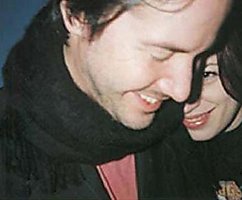As Charles Darwin contributed to the development of the theory of the existence of extraterrestrials
 Bashny.Net
Bashny.Net
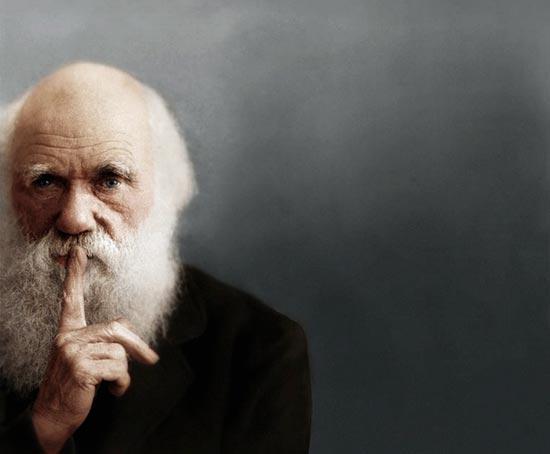
In the XIX-th century, still trying to remain within the framework of the theory of evolution, when a group of scientists decided to raise interest rates and announced that the universe abounds and "heavenly" life: they claimed that evolution occurs on countless planets, and the Earth - only one tiny stronghold of process. "Is not it obvious that the world was placed in planets without any insignia, and that he is better suited than others to be a unique place - the cradle of life and mind?" - He asked the famous French astronomer Camille Flammarion.
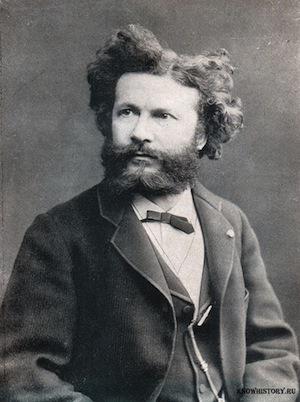
The debate about the "many worlds" unfolded throughout the XIX-th century in the books and articles written by scientific luminaries, which fueled the imagination of interconnection of several recent discoveries. It was known that our solar system will rotate within the Milky Way, along with other stars, which are thought to have also been surrounded by planets. The vast distances between stars were given to understand that the universe, if not infinite, is still very high.
The French astronomer Pierre-Simon Laplace developed a reliable (although ultimately incorrect) model of the formation of planetary systems, which, he believed, arose because of the centrifugal forces of compression rotating nebulae. Meanwhile, geologists began to measure the age of the earth by millions, not thousands of years, even before the publication of Darwin's "Origin of Species", many naturalists were in agreement with the basic principles of development: life changes with the times and adapt to the environment.
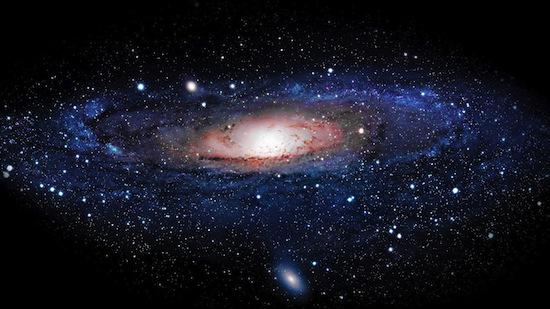
Advocates of the hypothesis of "many worlds -" pluralists "(from the English. Plural - multiple, large) - seen in these findings suggest a continuous process of creation, as a result of which there are always new planet that can serve as the seat of life.
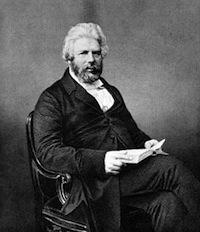
"Pluralists" said that nothing in this theory does not contradict religious teachings: the creation, they said, was not the direct action of God, as a consequence of the laws of nature, approved by God that did not require his constant interference. "It is natural to ask if he, as it turns out, wanted to use simple organisms as a basis for the production of more complex, even including us, as we are His humble creatures we can find fault?" - Wrote Robert Chambers, a Scottish geologist and naturalist, in his controversial but very popular work "Signs of the natural history of the" 1844.
In addition, Chambers believed that no part of the universe can not be free from the laws of gravity - this is also a reason to believe that all the worlds are subject to the laws of evolution of life:
"The phenomenon of subordination every corner of the universe physical laws (laws of nature) - a powerful argument" for "the existence of similar mechanisms of organic».
Skeptics, however, have questioned the idea of the origin of life on planets orbiting is "moderate orbit" of the Earth, located neither too close nor too far from the sun, if only one world in our solar system may give rise to life as anyone could convincingly argue its existence throughout the cosmos?
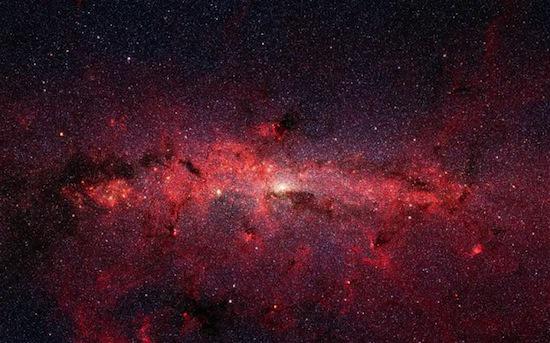
Scottish mathematician James Mitchell suggested that the satellites distant, cold planets could act as a mirror, reflecting the spectacular and the sun's rays on the surface. Since then, the amount offered by the satellites from different planets seemed to increase in direct proportion to their distance from the sun, and he saw this as evidence of "Divine Providence».

Thomas Simon Collins, the English writer and scholar, argued that the sun's rays are not scattered as pass through empty space - vacuum. All the planets, he said, receive the same amount of light and heat, the surface temperature of the planets is caused by the composition and density of the atmosphere. The English astronomer Richard Proctor (author of one of the earliest maps of Mars, 1867 year) suggests that large planets, like Jupiter, takes a long time to cool down after a fiery, molten state at "birth", giving its own heat to reach stable conditions for the origin of life.
All these ideas, "deus ex machina" self "outside interference" unshakable faith "pluralists" in the existence of inhabited worlds occurs primarily because of the diversity of life on earth observation and its capabilities to adapt, even to the very unfavorable conditions. "If we were to judge the purpose to which (according to our ideas) tends everything going on around us, our Earth could teach us to consider the maintenance of life as the greatest aspiration of nature", - said Proctor. Echoing him, Flammarion wrote that "not a single corner of the world, which could be considered a completely lifeless».
Satellite, however, still represented a riddle: his mastery of the telescope did not leave room for doubt - there is no life on the moon, even though it exists in the same temperate zone as the Earth. So where are all?
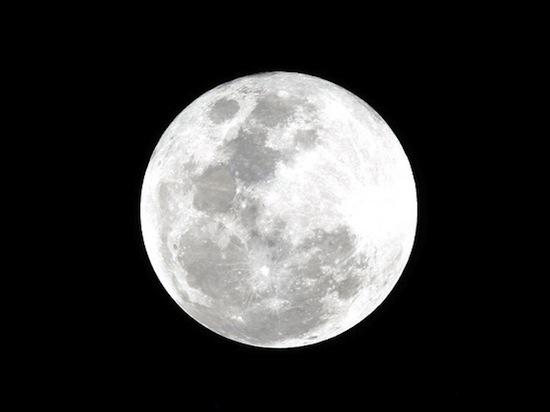
Richard Proctor answer is simple - if life has a beginning, it must also have an end, because the nature of the energy device is the limit. Life could not be spent on earth roots, until the planet has gone through a hot initial period of their education, and it will eventually end up on Earth because our planet is in a period of "exhaustion", our sun is compressed and cools down: the period during which the can support life, is short compared to the duration of the existence of the planet. On the Moon, he believed, it was also a life, but this time she was long gone. Also scholar argued: "On Mars, was a world similar to our own, with various forms of life. Of course, these forms adapted as conditions change their habitat, evolving, or simplified, regressing, when conditions were favorable, or vice versa, perhaps even developing in the form similar to the human mind, with the ability to reason. However, even a cursory examination of the issue shows that most likely, Mars has long crossed the stage of the existence of life ».
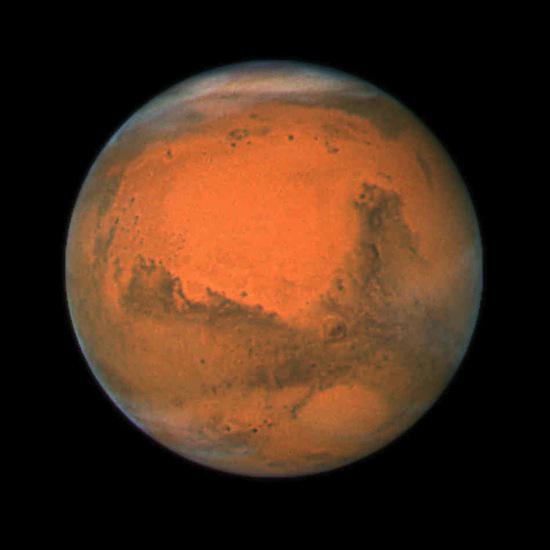
Proctor imagined universe in which the planets were long periods of preparation for the emergence of life on them, while the other planets were dying. It is believed that Jupiter has the same features as the Earth in the early period of its development, and, in all likelihood, he - the most suitable applicant for the origin of life: "We see that the surface of Jupiter is entirely covered with a thick layer of clouds, and there are changes that imply the presence of a flurry of activity (in other words, high heat) over its entire territory. We see that the conditions there are close to the earth in those days, when most of it was vaporized ... next, of course, there will come a period (much longer than that period of Earth's history), during which Jupiter, in turn, will be the venue origin and residence life ».
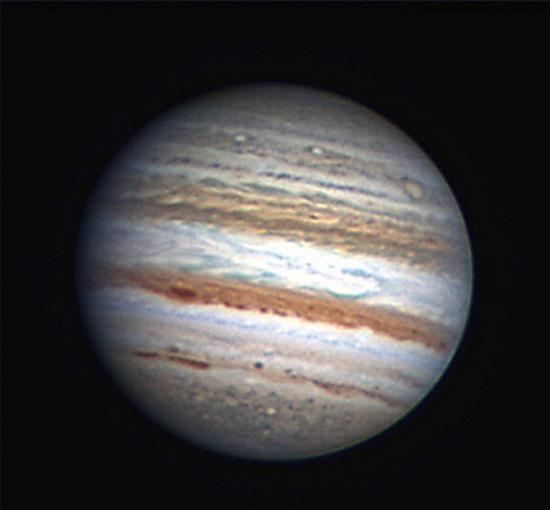
Perhaps the most powerful argument "pluralists" - or, at least, calling this "theological sadness" in their criticism - was the question: if there is no other life in the universe, why God created so many stars and planets? On this occasion, Mitchell wrote: "Indeed, is it possible to believe that all these areas are numerous, so huge, so widely scattered in infinite space, had to be created just for the sake of our Earth, which is hardly more than a grain of sand compared to them? This idea can not be accepted, because it is absurd. If they are not created for us, there is no reason to doubt that the Creator does nothing in vain, and the full nature of his virtues, so that they were created just for the sake of their own inhabitants ».
Flammarion, in turn, called on mankind to pull himself together: "There is little reason to consider and encourages the idea that the universe was created especially for us poor creatures lost in it, and that if we get together on stage, this world will become a dumping ground inanimate matter devoid of light! »
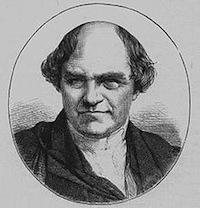
William Whewell summed up the dispute Q: Can the Earth be a moral and religious center of the universe despite the fact that there is no reason to consider it a natural center? Wavell - scholar, philosopher and theologian, coined the term "scientist" - rejected Darwin's theory, and proved to be the most eloquent critic of the thesis of the "many worlds". Above all, he believed that the number of worlds in the universe is too exaggerated, he pointed out, for example, a huge number of double stars, proving that the system of planets orbiting or among the pair of stars that are at the same time rotate with each other, can not have stable properties.
On the question of why God created such a vast universe if it is not inhabited, Wavell replied that the laws of physics, wrote "divine author" usually "a lot of effects, meaning that we do not understand" - the laws of attraction and adhesion of the particles, for example, were necessary to enable mankind to "stand firmly on their feet." Stars and planets, he said, is also a "supplement the general laws" that God has brought to life only to create the Earth and the sun.
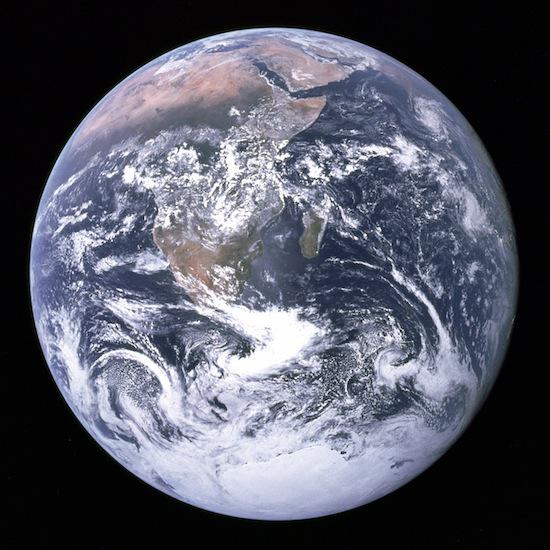
One and a half centuries later debate about extraterrestrial life more suited to cosmology than to theology, but the main question is the same: how unique Earth? Though it proved the existence of so-called "exoplanets", the more we learn about the origins of our solar system - the better we understand that the unique combination of factors (especially the formation of our asteroid belt) could be crucial for the emergence of life on the planet.
On the other hand, we know that "The Kingdom of Life" (by Flammarion) in the world more broadly than he could imagine. Opening ecosystems thriving in the most improbable circumstances - for example, near hydrothermal vents in the deep ocean, devoid of light - speaks in favor of the fact that life can exist wherever there is power, water and organic matter. Richard Proctor was right when he thought that Jupiter - a potential candidate for the origin of life: the ocean at Jupiter's moon Europa alludes to this possibility.
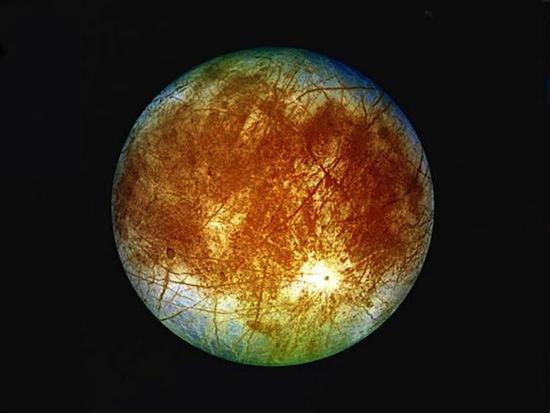
via factroom.ru
Tags
See also
Electron microscopes contribute to the development of nanotechnology
3 most stupid arguments that opponents of the theory of evolution to justify their ignorance
The finches Darwin— self pesticides
Autumn romance in photos
The world is changing rapidly
Cambridge University became an inn
With nostalgia for the departed. TV series.
Daughter of the Patriarchy, or why women are jealous of men











